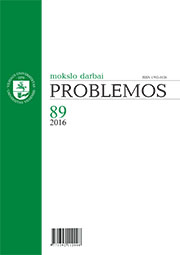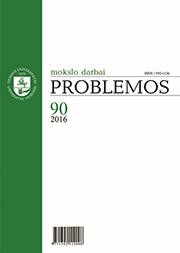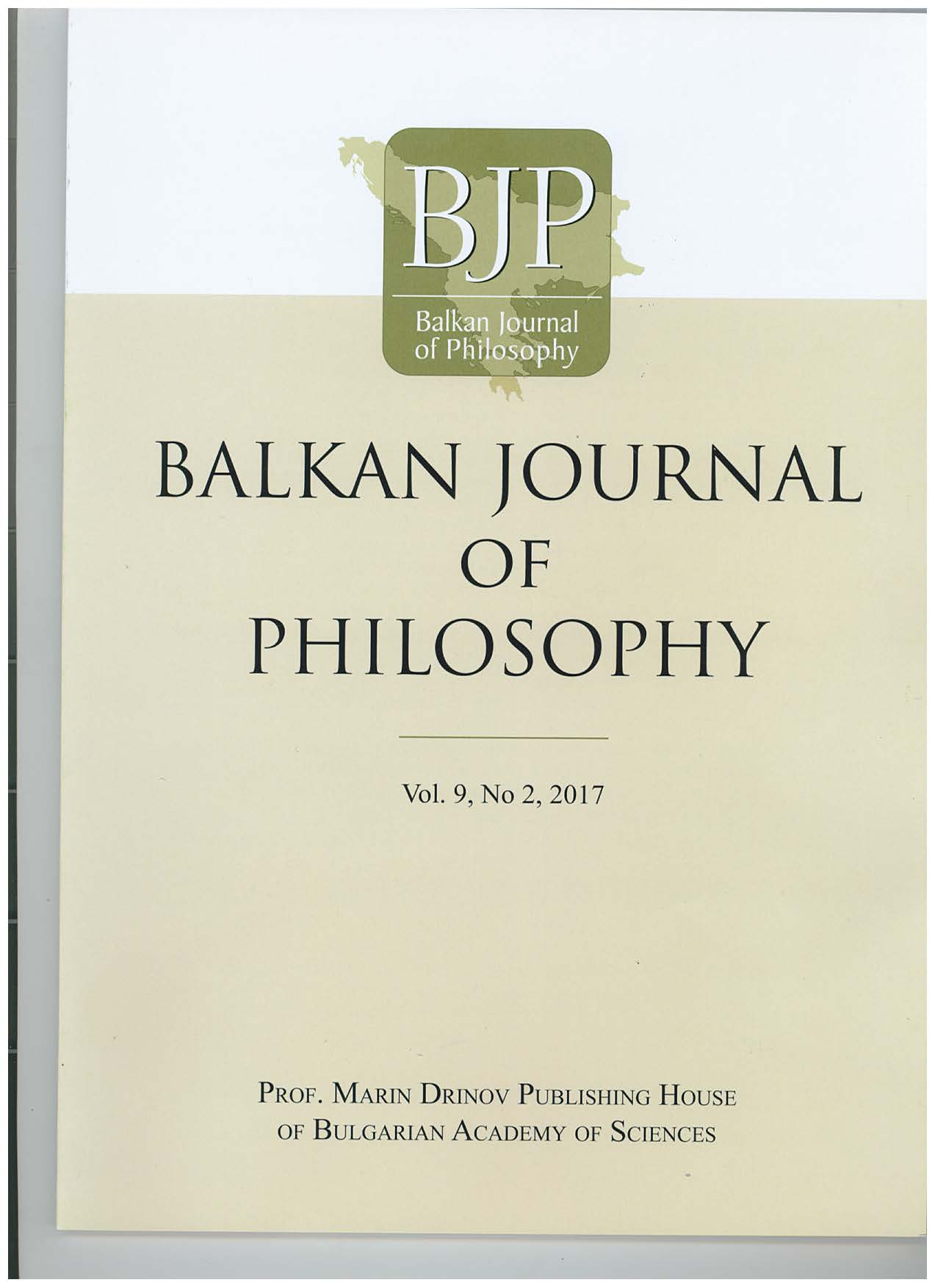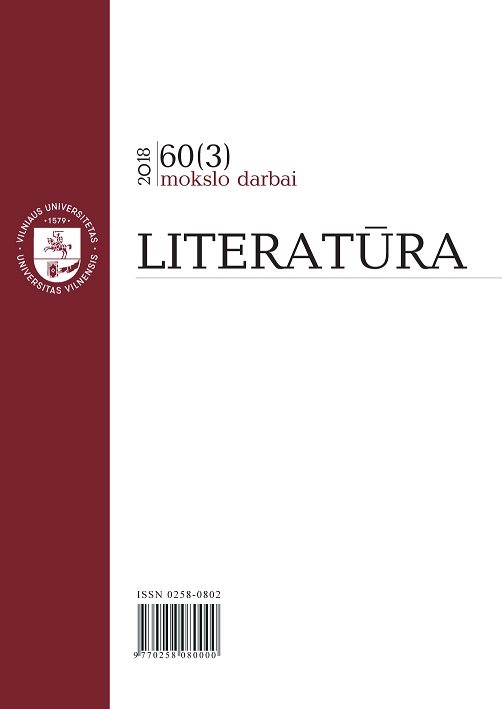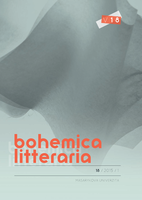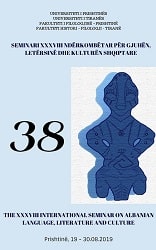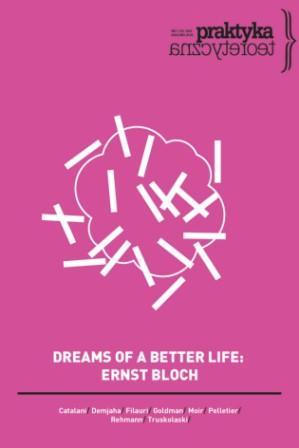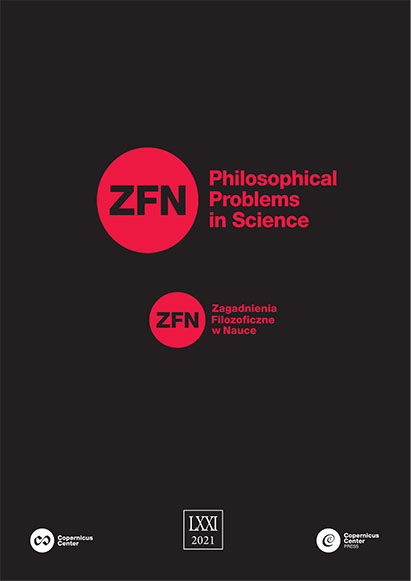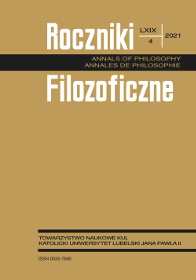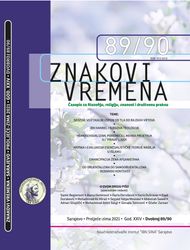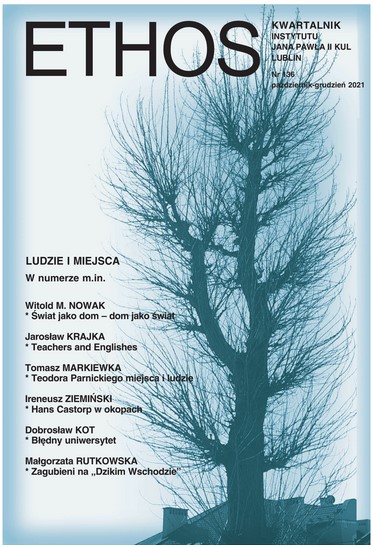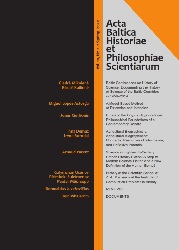KITO PRASMĖS GENEZĖ HUSSERLIO KARTEZIŠKOSIOSE MEDITACIJOSE
This article analyses the conception of intersubjectivity in E. Husserl’s Cartesian meditations. E. Husserl is studying not the concrete forms of social life or the personal relation between the I and You, but the preconditions of the openness to the Other. Attention is focused on the constitutive genesis of the sense of the Other. Husserl has gone deep into the experience of the selfhood and shows its paradoxical alienation from itself. Both the one’s own body and the one’s own time experiences are revealed as insisting on the otherness: the living body isn’t fully where it is, and the temporal self isn’t fully coincident with the present. In other words, such experience of one’s body and time is impossible as the identity with oneself. Just because I experience my body as an inter-corporality, I can reject the prejudice of immanence and transcendence. Husserl describes the participation of otherness in the presence in terms of appresentation or implication. The notion of appresentation means that another intentionality is implied in the presence of intentionality. Both appresentation and implication point to the indirect participation in the presence, i.e. co-existence. The “pair off” is the main characterization of the corporeal copula with the Other. The truth is that despite all this experience of corporeal continuality, my own living body is always experienced as the central body. Does it mean that the experience of a living body is always egocentric? I think it doesn’t. It is the reflective twinning which allows perceiving another body as the centre of experience which is different from mine.
More...
